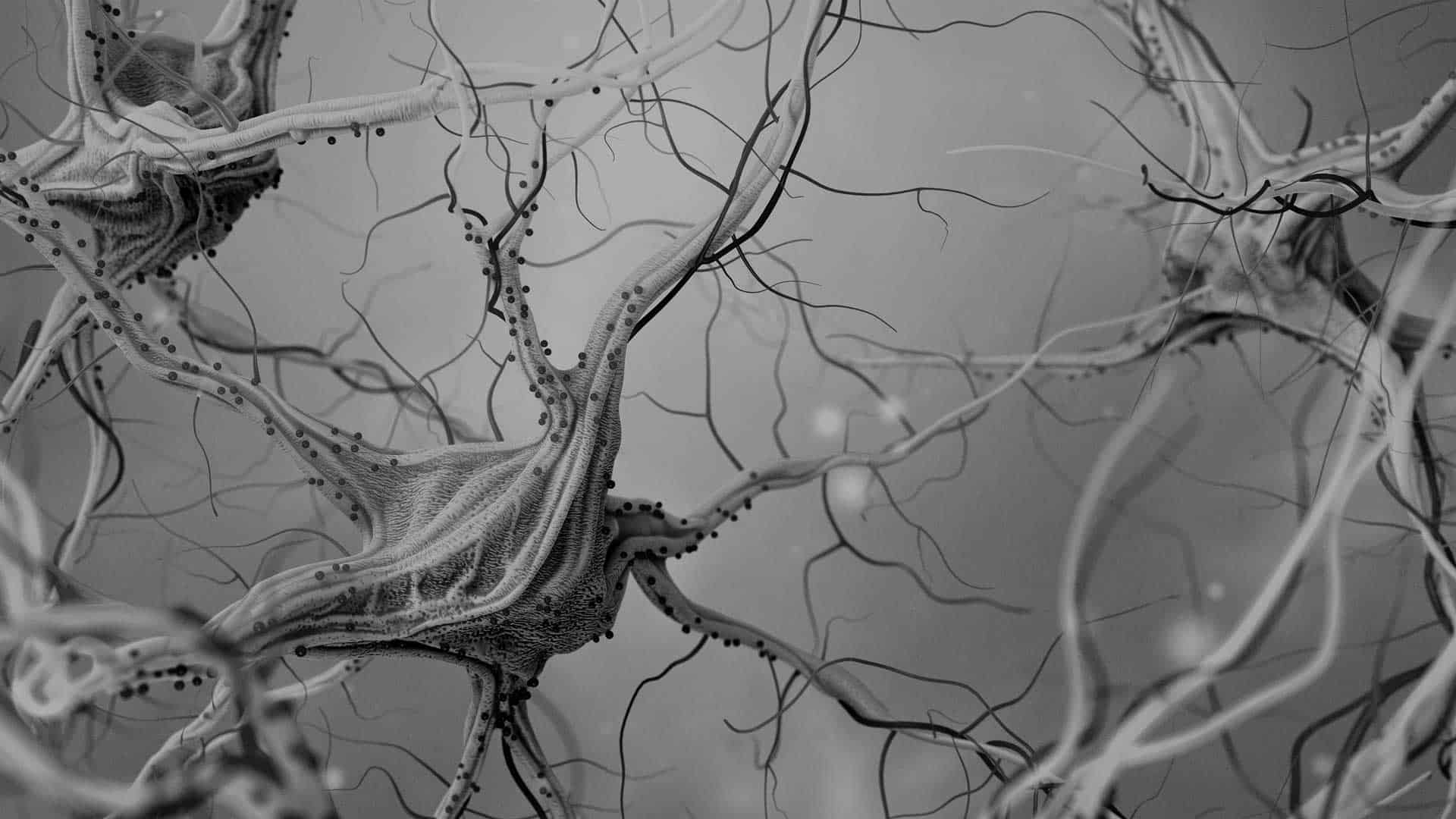“Brain” glasses – or Brainwear™ as the Mind-Eye Institute refers to the technology – are not about providing 20/20 eyesight. They offer therapeutic properties that patients with brain injuries, post-concussive symptoms or neurological disorders often call “magical.”
The individualized combination of lenses, filters, and prisms in Brainwear™ are intended to enhance comfort by helping develop or modify visual processing skills and eye-ear synchronization.
Most standard eye examinations are focused on simply improving the clarity of a patient’s central eyesight. Testing involves blocking off a patient’s important peripheral eyesight and then checking how well the patient can use central eyesight to see high-contrast, stationary letters across a darkened room. Such assessment is unable to address modern society’s demands for highly-functioning peripheral eyesight that allows a person to view rolling mobile phone screens, watch movie and video-game special effects and navigate busy traffic in cars with high-tech computer displays and GPS systems, says Deborah Zelinsky, OD. She is the founder and executive research director of the Mind-Eye Institute, based in the north Chicago suburb of Northbrook.
Brainwear™ bends light in different ways across the retina, which is made up of brain tissue and is part of the central nervous system, “Light is converted into electrical signals. A person’s performance will suffer if the signals traveling from the right eye do not match those traveling from the left eye,” Dr. Zelinsky says.
In fact, the eye routes information through multiple brain pathways, many of which are not part of eyesight. Light stimulation can rebuild (or, more often, circumvent) damaged or disrupted brain pathways, thereby enhancing a patient’s spatial awareness, body posture, perception, and selective attention to sound, Dr. Zelinsky explains. “In people with learning problems, light can be used to synchronize the signaling.”
These electrical signals are partially based on blood flow to the retina, Dr. Zelinsky adds. “Interestingly, the COVID-19 pandemic has affected retinal blood flow because the wearing of masks changes the amount of oxygen people are used to breathing, causing a higher level of carbon dioxide in the bloodstream. Further research will determine whether or not this uptick in carbon dioxide impacts retinal activity.”
The Mind-Eye Institute is recognized worldwide for its assessment of “visual processing” – namely, brain care rather than eye care. The term “visual processing” refers to the brain’s almost-instantaneous ability (partially beneath a conscious level of awareness) to take in external sensory signals (from eyesight, hearing, smell, taste and touch), meld them with a person’s internal sensory signals and then synthesize – process — the information, allowing a person to react and respond to his or her environment.
“When intact, visual processing enables people to understand and interact appropriately with the world around them. If brain circuitry is out of sync because it has been disrupted by trauma or disease or is under-developed, people can become confused about their surrounding environment and exhibit inappropriate reactions and responses. If eyes and ears are not in sync, people have to continuously monitor their shifting attention, and that effort becomes exhausting,” says Dr. Zelinsky, whose studies of retinal stimulation have been described in publications and courses throughout the world.
She calls the mind-eye connection unique to each person’s processing system and experiences. That is why Brainwear™ is customized to each person’s needs and manufactured to be highly precise. The glasses stimulate the retina in ways that bring a person’s sensory systems into synchronization, thereby altering his or her environment and positively impacting balance and posture.
Ask patient Todd Smith of New York state. He reports how a recent pair of Mind-Eye Brainwear™ reduced the pain in his neck and back and rotated his neck, rib cage and right shoulder to more normal positions. Or check with Ruth Christy of Kenosha, Wisconsin. Her brain injury had made hiking nearly impossible because she was unable to maintain balance in walking the small hills and valleys along her favorite routes. But a pair of brain glasses from the Mind-Eye Institute returned her to her beloved forest paths.
“Eyesight has many systems. Two common ones are identification and navigation. Identification comes from the clearness – 20/20 — of a person’s central eyesight when looking at a non-moving object. This kind of conscious targeting is what gets evaluated in a typical eye examination. Navigation, however, is based on peripheral eyesight, allowing us to judge background and moving targets in order to assess where objects are located as we move around. It is this navigational system (and its relationship with the identification system) that is most often disrupted by concussion or brain injury,” Dr. Zelinsky says. “It is frequently also the one that is not always solidly developed in people who have learning problems.”
With Brainwear™, the Mind-Eye team modulates the way light strikes the peripheral and non-image-forming pathways of the retina in order to make patients more comfortable in navigating their world, Dr. Zelinsky states.
By so doing, we can reduce the stress chemicals produced by the body, modify posture – if the glasses bend the light sideways on the retina, for example, they can influence a person to rotate their head and neck into a straighter position – and often lessen some brain-injury symptoms, including headaches, light and sound sensitivity, balance, sleep problems, and issues with memory, concentration, focus, organization, and decision-making.
This emphasis on comfort – not 20/20 clearness – and the linkage of auditory awareness with visual awareness are what make the Mind-Eye Institute unique. The Institute’s advanced mind-eye techniques, coupled with neuro-optometric rehabilitation, enable its optometrists to develop highly tailored Brainwear™ prescriptions that build better brains and, in the words of one patient, “return us to the people we once were.”
If you are someone you love has experienced a brain injury or feel like “something is different,” please take our free online “Brain Quiz” or speak with one of our New Patient Advocates and come in for a Mind-Eye exam today by contacting our office at 847-984-3156 or visiting us at https://mindeye.com/brain-quiz

